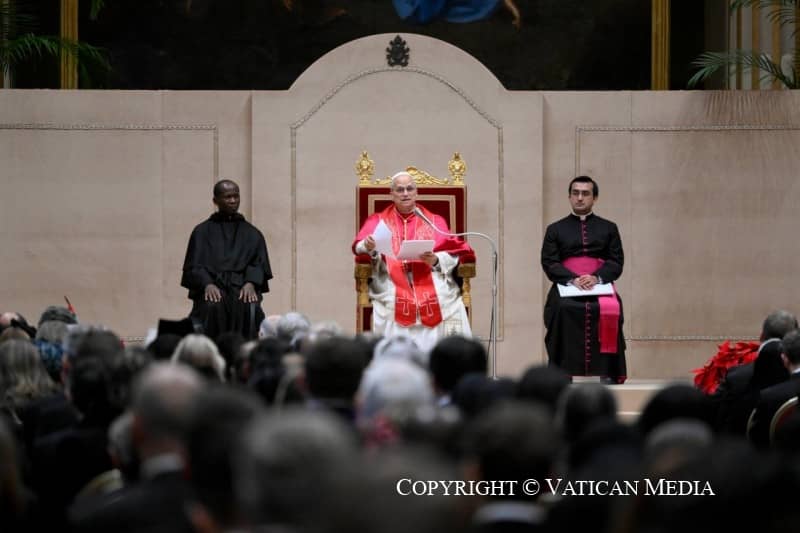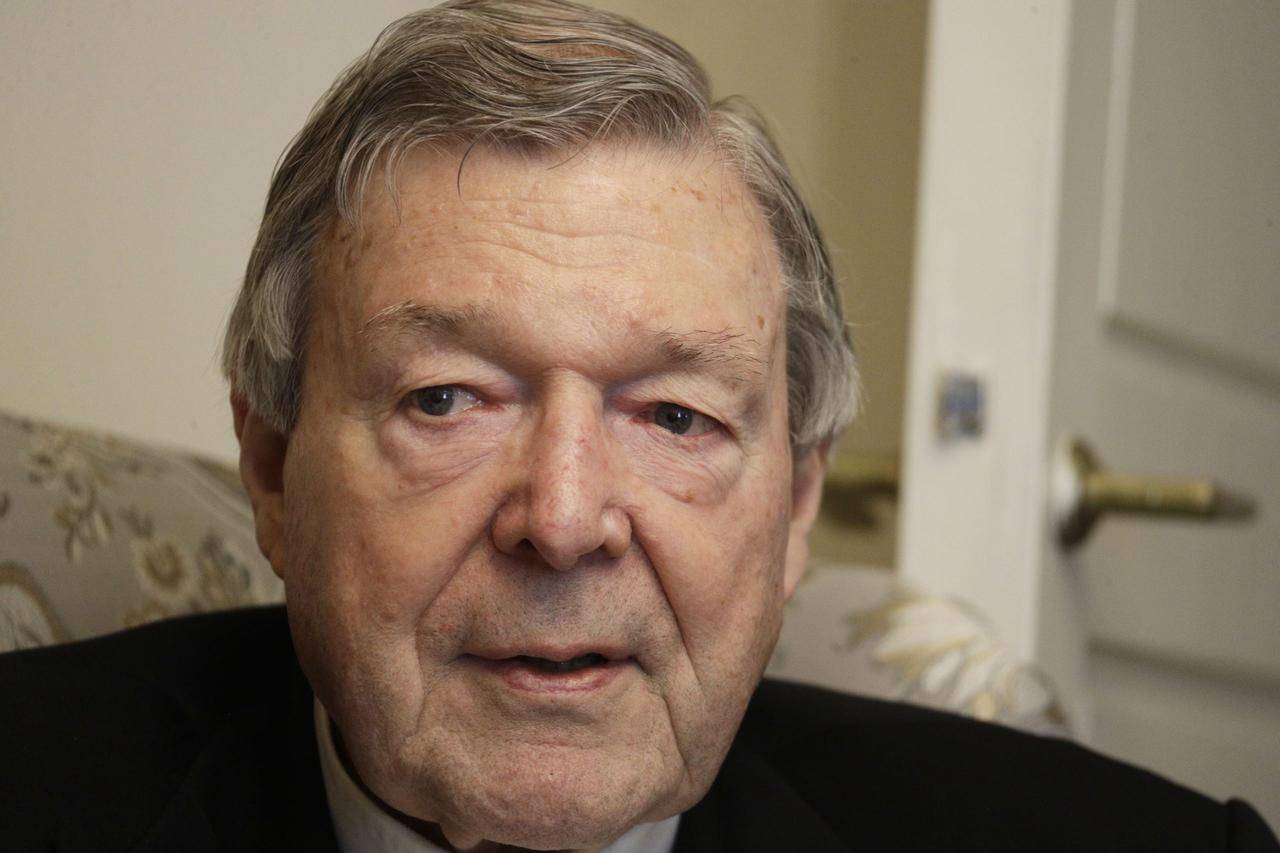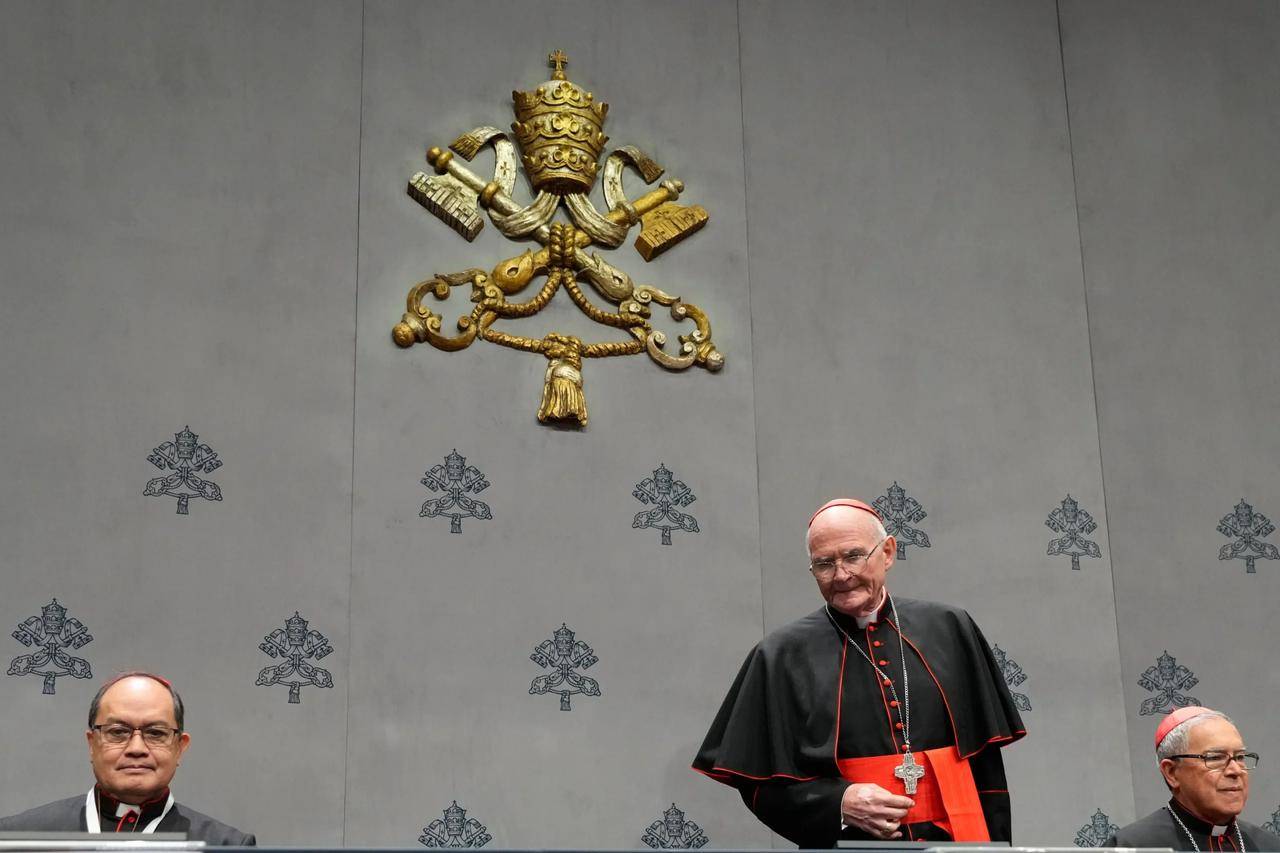ROME – Early June tends to be when many people finalize their summer reading lists. Herewith, a set of six recommended titles – most, I should confess, aren’t exactly light beach-time material – inspired by Pope Francis’s scheduled trips between now and the end of September.
Assuming the pontiff’s health holds up, these outings will take him to three foreign countries and two destinations inside Italy:
- Democratic Republic of Congo (DRC), July 2-5
- South Sudan, July 5-7
- Canada, July 24-30
- L’Aquila, central Italy, August 28
- Matera, southern Italy, September 25
Congo: King Leopold’s Ghost: A Story of Greed, Terror and Heroism in Central Africa, by Adam Hochschild (1998)
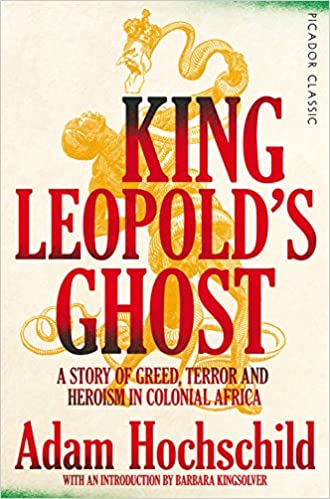
Between 1885 and 1908, King Leopold II of Belgium directly owned and ruled a stretch of what would later become the DRC, which he called the “Congo Free State.” Under the guise of bringing civilization to the natives, what Leopold actually brought was a reign of terror intended to strip Congo of its natural resources, especially ivory and rubber, generating vast wealth for Leopold and chronic poverty and dysfunction for Congo. The signature act of cruelty in the Congo Free State was the severed hand, a punishment routinely imposed by Leopold’s henchmen for defying orders or failing to meet production quotas. In many ways this pattern of exploitation backed by violence remains the story of the DRC today, a country thus still haunted by Leopold’s ghost.
South Sudan: First Raise a Flag: How South Sudan Won the Longest War but Lost the Peace, by Peter Martell (2019)
Winning the war but losing the peace is a common refrain in global affairs – think America’s involvement in Iraq, for instance. Perhaps no place, however, is that dynamic in greater evidence than South Sudan, a nation that fought an epic decades-long battle for independence, becoming the most recent sovereign state in the world in 2011. Yet today it’s marred by intercommunal violence, human rights abuses by security forces and paramilitary groups, food insecurity, and chronic poverty, with the United Nations estimating that a stunning 80 percent of the population lives on less than $1 a day. Martell, who’s an old school journalist-adventurer – he holds a Guinness World Record, for example, for having played the highest game of cricket ever recorded atop Mt. Kilimanjaro in Tanzania – covered South Sudan for the BBC, and he tells the story in gripping fashion.
Canada: A Mind Spread Out on the Ground, by Alicia Elliott (2020)
 Elliott is a member of the Tuscarora people who spent her adolescence living on the Six Nations of the Grand River reserve in Ontario, Canada, in the early 2000s, where her two parents and the five children shared a two-bedroom trailer that didn’t even have running water. Elliott penned the essay from which this book takes its title in 2016, reflecting on her family’s struggles with mental illness, which Elliott links in part to the broader experience of Indigenous persons in the country. (“A mind spread out on the ground” is the loose Mohawk translation for depression.) She quotes an informal motto of the church-run residential schools in Canada, where revelations of appalling abuse have become such a source of scandal, which was “kill the Indian, save the man.” Given that encountering Indigenous persons and beginning the process of doing justice for their history is the primary motive for Francis’s trip, the book is a timely reminder that for Canada’s Indigenous communities, the past isn’t dead – it’s not even past.
Elliott is a member of the Tuscarora people who spent her adolescence living on the Six Nations of the Grand River reserve in Ontario, Canada, in the early 2000s, where her two parents and the five children shared a two-bedroom trailer that didn’t even have running water. Elliott penned the essay from which this book takes its title in 2016, reflecting on her family’s struggles with mental illness, which Elliott links in part to the broader experience of Indigenous persons in the country. (“A mind spread out on the ground” is the loose Mohawk translation for depression.) She quotes an informal motto of the church-run residential schools in Canada, where revelations of appalling abuse have become such a source of scandal, which was “kill the Indian, save the man.” Given that encountering Indigenous persons and beginning the process of doing justice for their history is the primary motive for Francis’s trip, the book is a timely reminder that for Canada’s Indigenous communities, the past isn’t dead – it’s not even past.
L’Aquila (tie): La Divina Commedia Aggiornata, by Don Dante Paoloni (1983); The Pope Who Quit: A True Medieval Tale of Mystery, Death and Salvation, by Jon M. Sweeney (2012).
There are two main points of interest in Francis’s August 28 day trip to the central Italian town of L’Aquila, which lies about 75 miles north of Rome. The first concerns the ongoing impact of a devastating 2009 earthquake, which claimed 309 lives and still scars the area today, and the second is Francis’s visit to the tomb of Pope Celestine V, the last pontiff to resign voluntarily prior to Benedict XVI. The two books recommended here speak to each of those features.
Perhaps it was inevitable that an Italian priest named “Dante” would, one day, pen an updated version of the country’s most celebrated literary work. Paoloni lived through a 1980 magnitude 6.9 earthquake in the southern Italian region of the Campania that killed somewhere around 4,000 people, and he saw the failures of reconstruction efforts. Thus in his modern version of Dante’s classic, he places earthquake victims in the third circle of hell, condemned to live forever in shabby “transitional” housing. A similar pattern has played out in L’Aquila, with many locals hoping the pope’s visit will reignite recovery plans stalled due to the Covid pandemic.
As for Celestine V, many observers believe that a visit to his tomb by Benedict XVI in 2009 foreshadowed his own resignation four years later, and so the fact Francis is making the same trek has fueled speculation that perhaps another resignation may be in the works. While that’s little more than rank guesswork, the story of a hermit named Peter Morrone who was improbably elected to the papacy only to resign it five months later is nevertheless fascinating, and Sweeney tells it well.
Matera: Christ Stopped at Eboli, by Carlo Levi (1945).
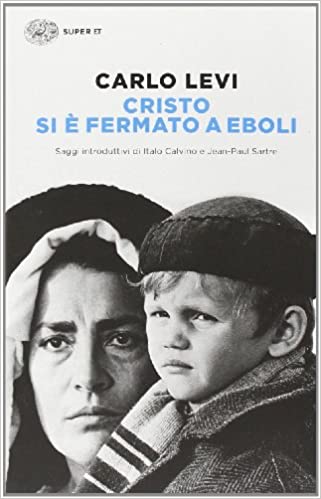 Matera lies in one of Italy’s southernmost regions called the Basilicata. In 1935, a budding Italian painter, writer and medical doctor named Carlo Levi, a member of a prominent Jewish family in Turin, was sentenced to a year of exile in the Basilicata for his anti-fascist leanings. He published a memoir of that time, which takes its title from a common saying among the people of the region: “Christ stopped at Eboli,” a town about 80 miles west of Matera, just south of Naples. The point was that people felt Christianity never really reached the Basilicata, and neither did the rule of law, democracy, or any of the other artifacts of civilization – they felt abandoned, ignored, and forgotten. Matera itself, with its famed Sassi neighborhoods literally carved out of rock, was famously defined in 1948 as a “national shame” for the poverty and neglect in which people lived. While some of that has changed in the decades since, it remains true that southern Italy lags behind the wealthy north in most indices of development, and Francis’s visit, ostensibly motivated by the closing of a Eucharistic congress, is also a chance to lift up the oft-ignored suffering of people in his own backyard.
Matera lies in one of Italy’s southernmost regions called the Basilicata. In 1935, a budding Italian painter, writer and medical doctor named Carlo Levi, a member of a prominent Jewish family in Turin, was sentenced to a year of exile in the Basilicata for his anti-fascist leanings. He published a memoir of that time, which takes its title from a common saying among the people of the region: “Christ stopped at Eboli,” a town about 80 miles west of Matera, just south of Naples. The point was that people felt Christianity never really reached the Basilicata, and neither did the rule of law, democracy, or any of the other artifacts of civilization – they felt abandoned, ignored, and forgotten. Matera itself, with its famed Sassi neighborhoods literally carved out of rock, was famously defined in 1948 as a “national shame” for the poverty and neglect in which people lived. While some of that has changed in the decades since, it remains true that southern Italy lags behind the wealthy north in most indices of development, and Francis’s visit, ostensibly motivated by the closing of a Eucharistic congress, is also a chance to lift up the oft-ignored suffering of people in his own backyard.
Follow John L. Allen, Jr. on Twitter: @JohnLAllenJr









